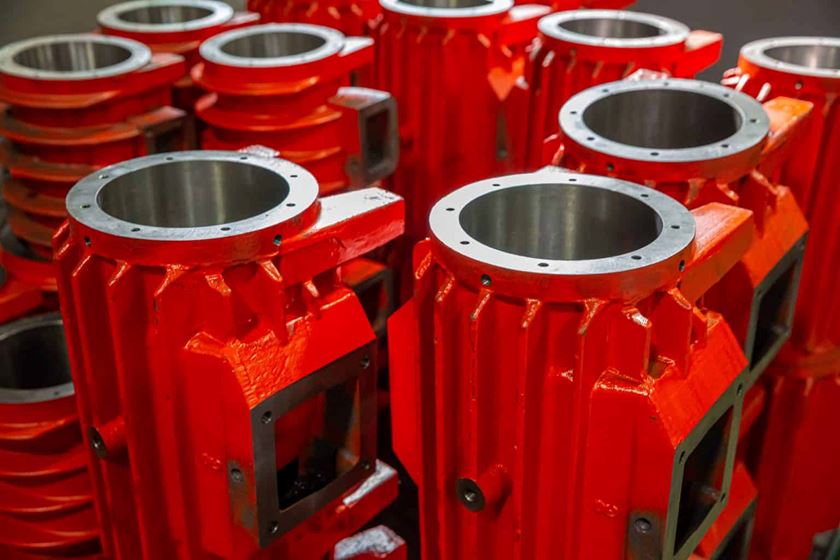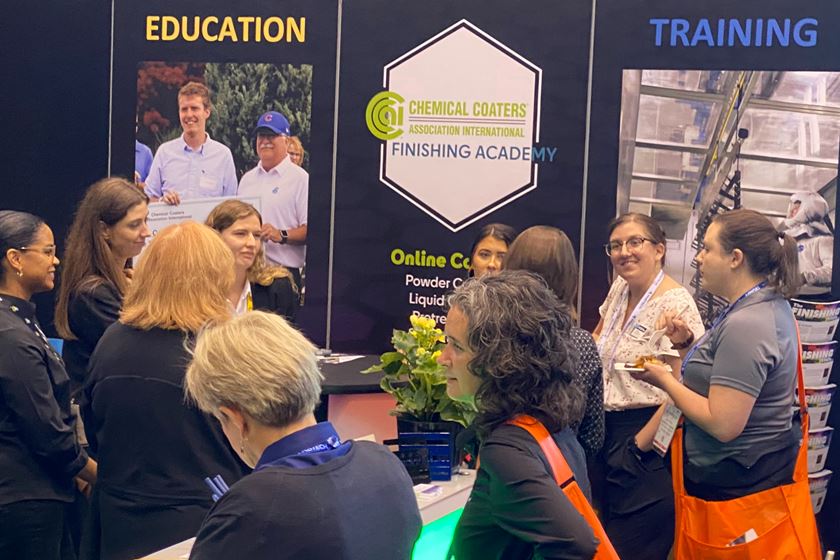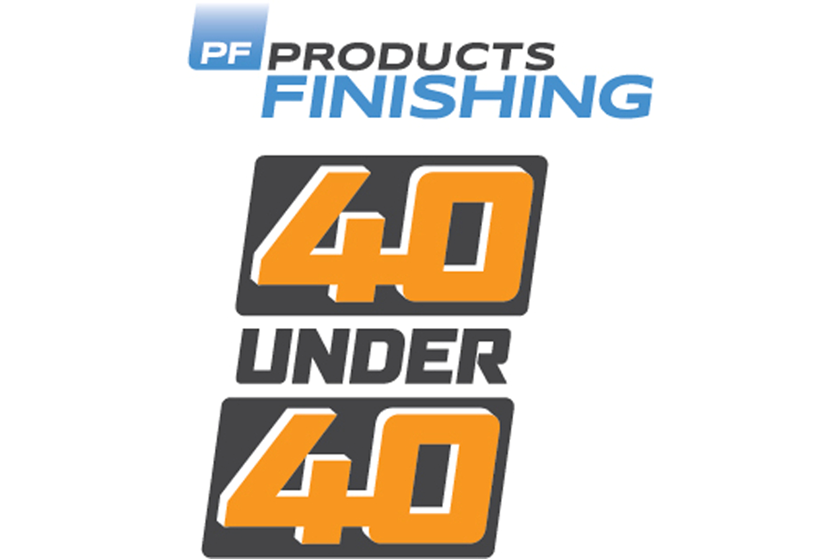Powder vs. E-Coating Part 2
Question: I enjoyed reading the December 2003 Powder Coating Clinic and took special interest in your response to the questions on whether powder coating or electrocoating provides better corrosion resistance over stainless steel, and which is more durable.
Question:
I enjoyed reading the December 2003 Powder Coating Clinic and took special interest in your response to the questions on whether powder coating or electrocoating provides better corrosion resistance over stainless steel, and which is more durable. I thought you were on target with your answer until you stated: “Also epoxies applied as a powder coating have higher cross-link properties than e-coat, making them stronger and more chemical resistant.”
I disagree with the assertion that powder-applied epoxies have higher cross-link properties than epoxies applied via electrocoating. I don’t think the application method is the controlling factor in cross-link properties. I am curious about how you quantify “stronger and more chemical resistant.” Are you equating chemical resistance to MEK double rubs, gasoline resistance, brake fluid resistance or some other fluid?
Featured Content
For a “typical” epoxy electrocoat and a “typical” epoxy powder, the MEK double rubs are usually better for electrocoat than for powder. Solvent resistance can be increased in either e-coat or powder formulations in any number of ways. But the “typical” epoxy powders are not as heavily cross-linked as “typical” epoxy electrocoats, and thus are generally not as chemically resistant. It is incorrect to leave your readers with the impression that epoxy electrocoats have less chemical resistance than epoxy powder coatings. D. R.
Answer:
I welcome your comments and readership. However, I re-checked my facts with several powder coating formulating chemists and they all agreed with me. They all said that for a given (same) epoxy coating formulation, the powder coating film will have higher cross-linked density and less porosity, making it more chemical resistant than any liquid epoxy coating (e-coat included).
It is great to see that you are so committed to your technology, but I think we just have a difference in opinion on this topic. Would you expect me to be any less committed to my technology? I guess we will let my opinion stand “as is,” especially since this is the “Powder Coating Clinic.” In any case, I always state that no matter what technology you are evaluating, you should always test before implementing the process of choice.


















